Blurring Lines: The Future of Payments with Tokenized Investment Assets
The boundaries between what constitutes payment and investment assets are increasingly converging, with the future hinting at the possibility of using shares from tokenized funds to settle everyday transactions like dinner bills.
Rob Durscki, the senior director of tokenization at the Stellar Development Foundation, shared his insights at the TokenizeThis 2024 event in Miami on May 9. He explained how the fusion of payment and investment functionalities through tokenization is poised to create versatile uses for financial products. Durscki highlighted collaborations with entities like Franklin Templeton and WisdomTree, who are pioneering these tokenized assets on blockchain platforms to enhance yields and simplify their use in transactions.
Tokenization transforms the ownership of an asset, whether it’s real estate or stocks, into a digital token on a blockchain. This digital format facilitates fractional ownership, boosts liquidity, and democratizes access to certain financial instruments for smaller investors.
Durscki illustrated the practical benefits of this technology: “Imagine splitting a dinner check and paying with shares from Franklin Temple funds. With Stellar, I can transfer $20 to you in just 3.6 seconds. And while you think about that, your share continues to yield 5% or 6% annually. It’s a seamless integration of investment and payment because it’s all about the mobility of value.”
Additionally, Bradley Chase, Ripple’s vice president of engineering, who also spoke at the panel, mentioned the increasing trend among enterprises to integrate stablecoin transactions and hold these tokens for additional income generation. “Enterprises are now seeing their customers showing a preference for payments in stablecoins, holding these tokens on-chain provides a simple entry and exit point into the crypto space,” he said.
With over $1 billion in U.S. Treasuries already tokenized on platforms like Ethereum and Stellar, and Ripple projecting the tokenized markets could expand to $16 trillion shortly—eight times the current total market cap of cryptocurrencies—the potential for this technology is just starting to be tapped.



